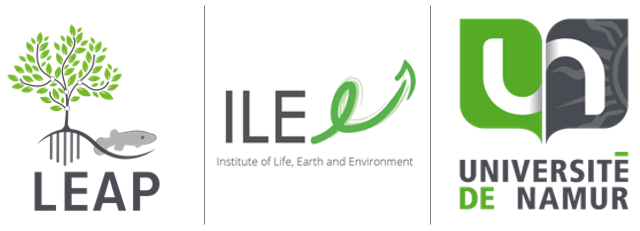We are pleased to announce that the research project entitled “Epigenome stability in mangrove rivulus” has been funded by FNRS. It aims to assess the stability of DNA methylation over time in a highly homozygous and isogenic population of the mangrove rivulus, Kryptolebias marmoratus. It will address two major limitations of ecoepigenetic studies. Firstly, it aims to investigate the degree of autonomy of epigenetic variation from genetic variation. Secondly, it aims to assess the stability of epigenetic variation at the population level. The project will be divided into two main work packages. The first work package will focus on determining the inter and transgenerational stability of DNA methylation under controlled laboratory conditions. This will involve exposing the fish to the neurotoxicant permethrin. The second work package will address the stability of DNA methylation at the population level over time. The study will be conducted in the highly homozygous and isogenic population of Emerson Point Preserve in Florida. The variation in DNA methylation will be assessed in two dimensions: seasonal variation between wet and dry seasons, and variation across multiple years. An emerging methodology utilizing the Oxford Nanopore Technology (ONT) long-read sequencing will be developed to simultaneously measure genetic and epigenetic variation across the genome. The epigenetic variability will be compared to genetic and phenotypic variability, with a focus on assessing behavioral traits related to boldness.
By testing these hypotheses, the project aims to provide insights into the stability, reversibility, and independence of epigenetic variation from genetic variation in mangrove rivulus population.
This grant is associated to the PhD thesis of Justine Belik and will permit her to reach her specific goals.

